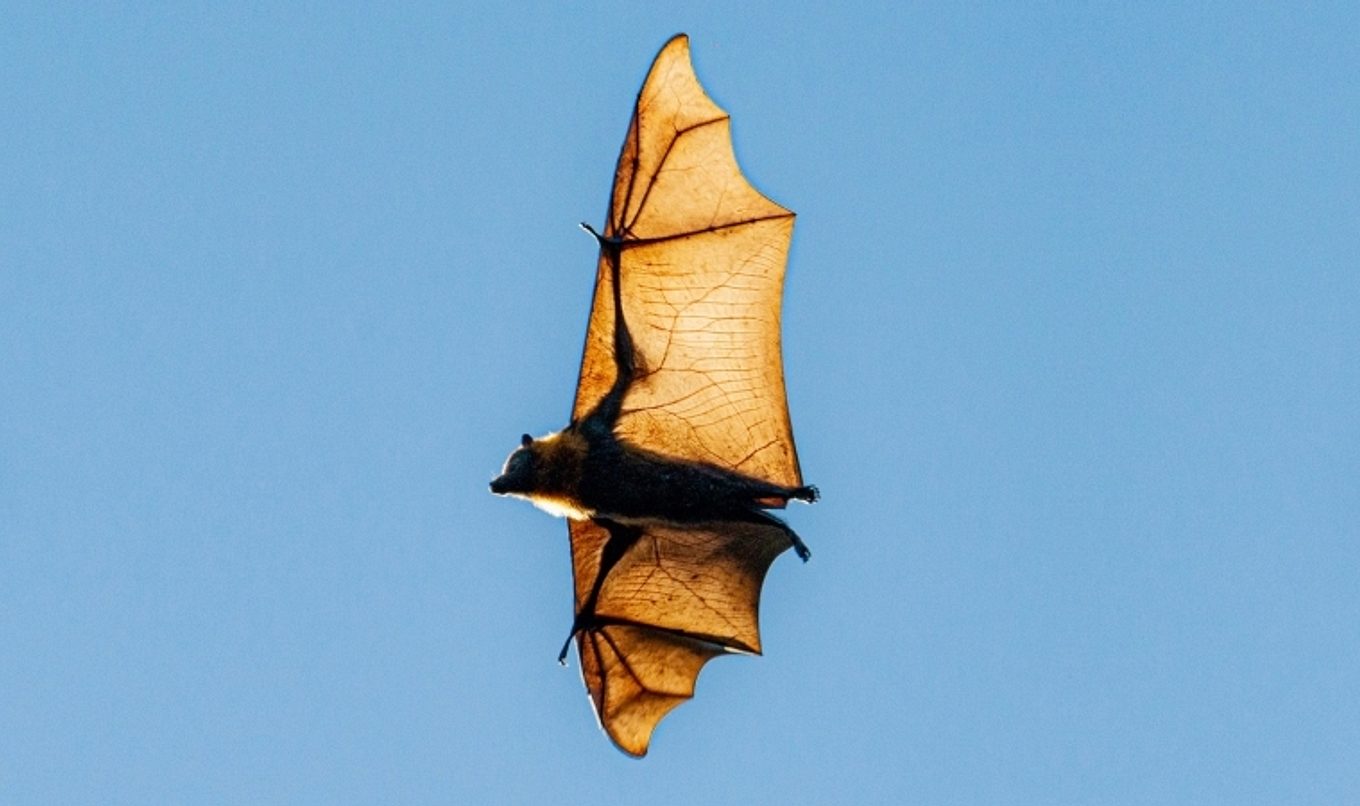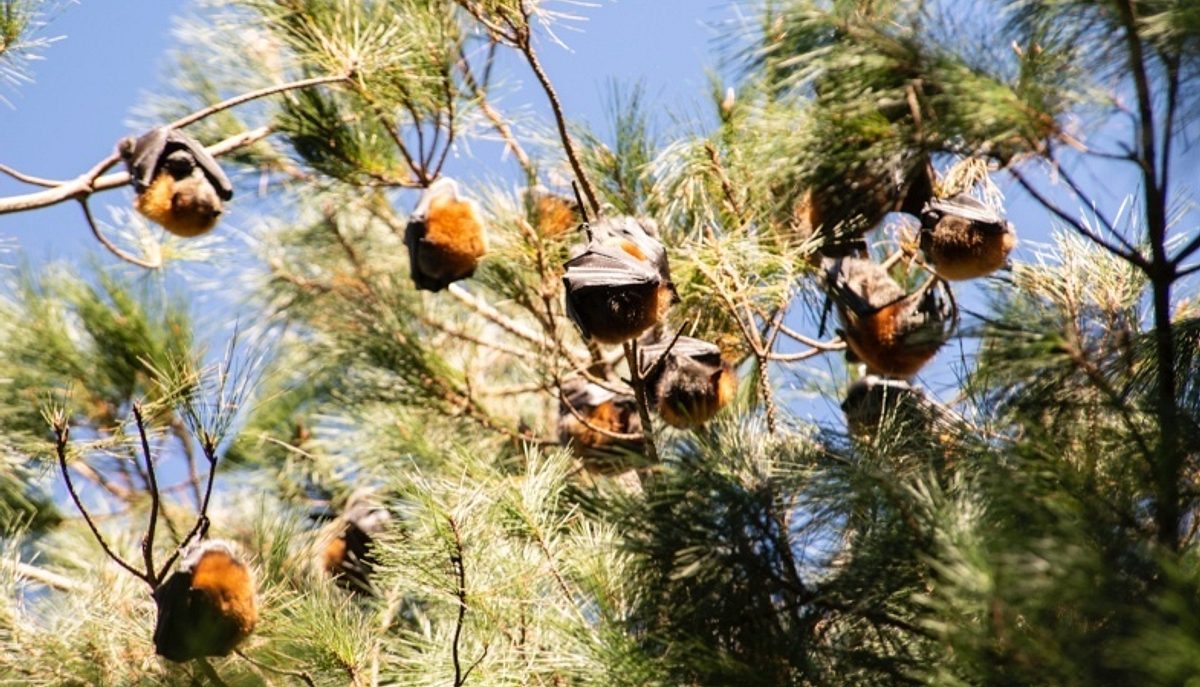Flying foxes set up camp in the South East
A new colony of native grey-headed flying foxes appears to have settled in a pine forest near Millicent.

Around 1500 animals have been seen roosting in a plantation managed by a privately run timber operation.
Natural Resources South East District Manager Ross Anderson said the company has agreed to delay a planned thinning operation while it works with the Natural Resources South East team to ensure the best outcome for the vulnerable bats.
“The company is taking its environmental obligations seriously, and this is a great outcome for the bats which are vulnerable to extinction,” Mr Anderson said.
“Until recently, we believed that grey-headed flying foxes only passed through the South East. A colony established more permanently in Adelaide some years ago. This colony near Millicent is a new addition.
“Numbers of this species appear to be declining, however in the last 40 to 50 years grey-headed flying foxes have moved down the east coast of Australia to Melbourne and now as far across as Adelaide.
“This movement is thought to be due to a combination of factors including habitat loss, competition for food, and the effects of climate change across their natural range in the eastern states.”
Grey-headed flying foxes are protected under the National Parks and Wildlife Act 1972. Approval from the Department for Environment and Water is required to interrupt or relocate a flying fox camp.
“It is important not to handle flying foxes, or any type of bat species, including injured or dead animals, as they can carry serious diseases,” Mr Anderson said.
“Flying foxes pose no health risk to humans, unless you are bitten or scratched. In that instance, wash the site immediately with plenty of soap and water and seek immediate medical attention.”
If you find an injured or dead flying fox, contact a wildlife rescue organisation or the RSPCA.
“This species plays an important role in helping to conserve native plants by dispersing seeds and pollen. Although this isn’t their usual habitat, it’s important that we are flexible to ensure the survival of this species.
“We are grateful that the timber company has offered to delay their operations. Recognising the importance of these native animals is a great example of how to work with wildlife for the benefit of the whole landscape.”


